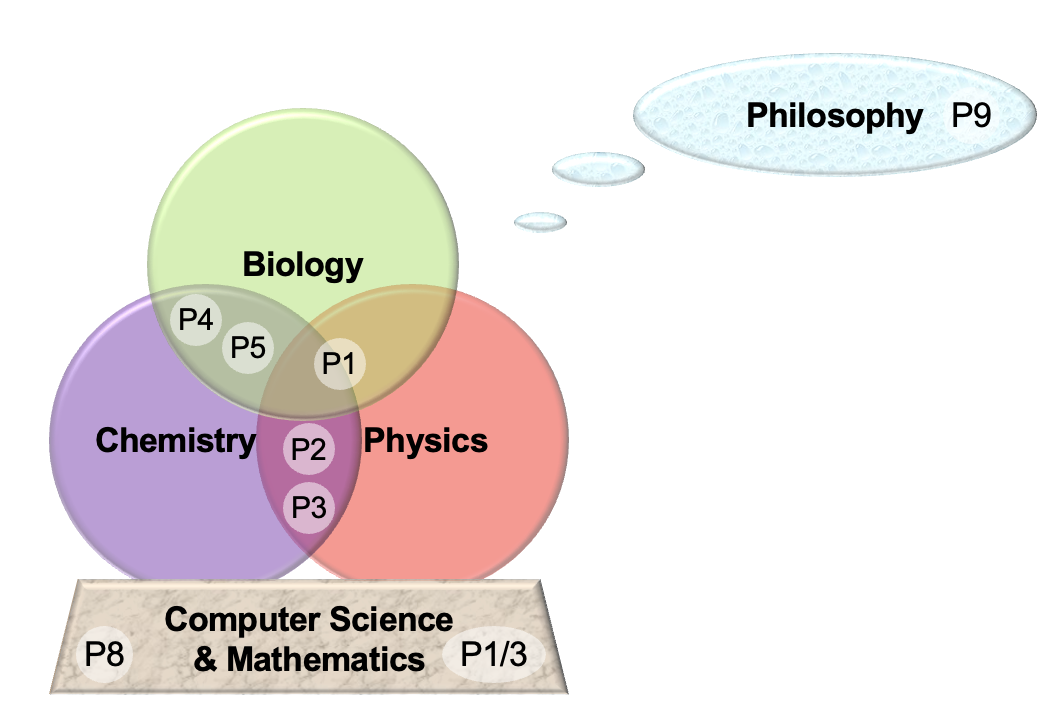Welcome to the Research Training Group (RTG) 2450 - Tailored Scale-Bridging Approaches to Computational Nanoscience
The last decades brought a massive development of simulation methods for materials science, chemistry and soft matter applications, now being efficient and accurate for the targeted application area. Despite their numerous successful applications, these methods are mostly limited to a certain time- and length scale and a plethora of scientific questions remain, which are not or cannot be addressed by such approaches. Common scale-bridging approaches either apply techniques like bottom-up parametrization or parameter passing, which rely on an intrinsic time-scale separation of the scientific problem, or they are based on the combination of simulation methods, as e.g. in QM/MM approaches. The latter, although successfully bridging a broad range of scales in space, are limited to the time-scale of the computationally most expensive method. Many interesting research problems, however, integrate a broad range of time-scales and being recursive in nature, i.e. events on a longer time scale determine structure and function on a short time-scale. Prominent examples are conformationally gated biochemical reactions in proteins. In this RTG we want to systematically investigate problems, which are not addressable by standard tools from the quantum chemistry toolbox.

The research is organized into nine projects, where five projects address scientific challenges like friction, materials aging, material design and biological function, which so far cannot be approached by single computational methods or standard multiscale approaches. The challenges are met, (i) by building teams which cover all knowledge and methods required to address scale-bridging problems, (ii) by a research program, which aims at a novel holistic, problem-driven approach to combine existing methods on the individual scales to recursive scale-bridging workflows and (iii) by training doctoral researchers, who are enabled to apply scale-bridging concepts and technical skills needed for such a problem-driven approach. The latter is facilitated by a qualification program, which introduces the doctoral researchers into the various relevant topics and theories, enables them to develop and apply computational methods in close interdisciplinary cooperation, teaches them to use concepts from computer science and mathematics and guides them into processes of scientific (self)-organization. Two projects (P6 and P7) have provided valuable tools, accelerated MD integrators and workflows, which found their application at various places in the individual projects, and will be continued to be used as central computational methods. Having achieved their goals, P6 and P7 end with the second period of the RTG in October 2023. Two new projects (P8 and P9) have joined the RTG in the second period: P8 integrates machine learning approaches in the RTG and P9 incorporates research in the philosophy of science.
For our new (and older) PhD students, we have a new webpage with additional information about our qualification program. Feel free to browse it in the members area!
Go to members areaAre you interested in computational material science?
We are looking for motivated students of chemistry, physics, biology, computer science, mathematics or related fields. Please check out our projects P1-7 and contact the responsible people directly.
Project OverviewThe RTG 2450 is happy to announce that the German Research Foundation (DFG) has approved funding for a second funding period. We thank all members for their commitment to the successful work of RTG 2450 so far and look forward to continuing the interdisciplinary research of RTG 2450 in the next 4.5 years. Updates concerning the scientific program and the qualification program will soon be posted on our website.
Get to know the RTG
